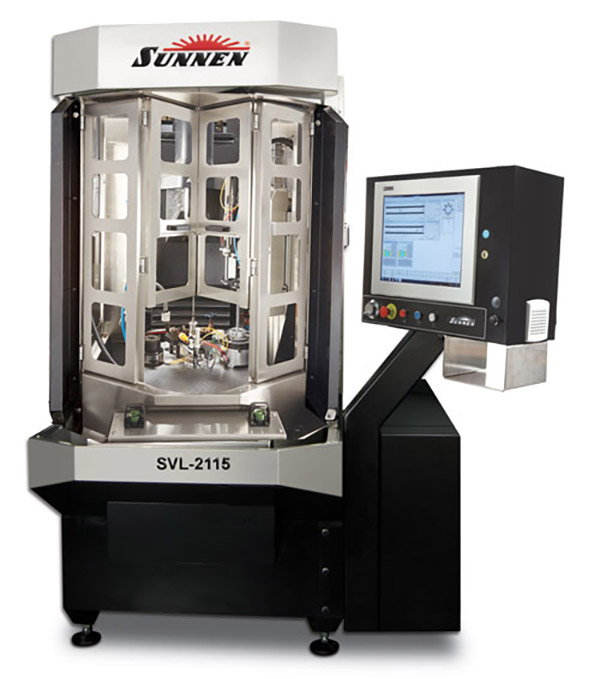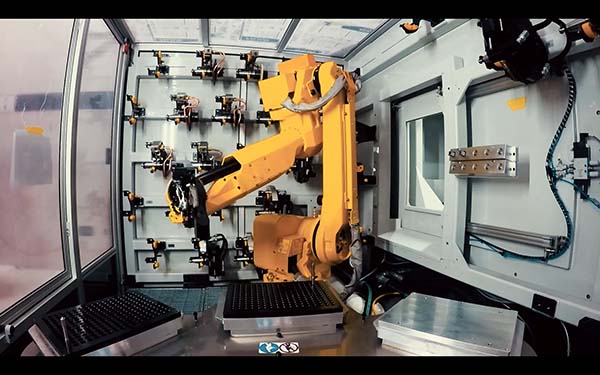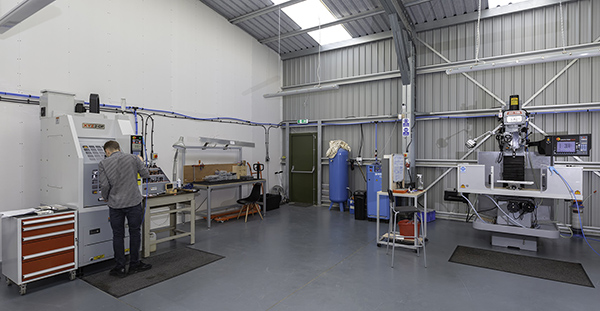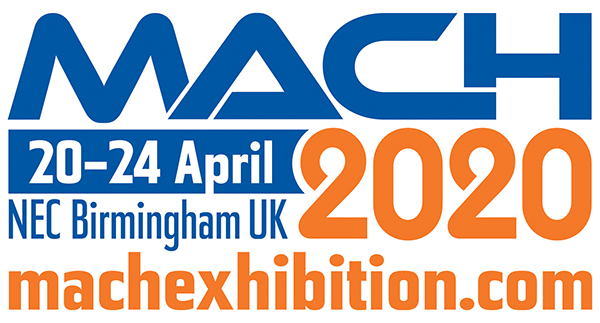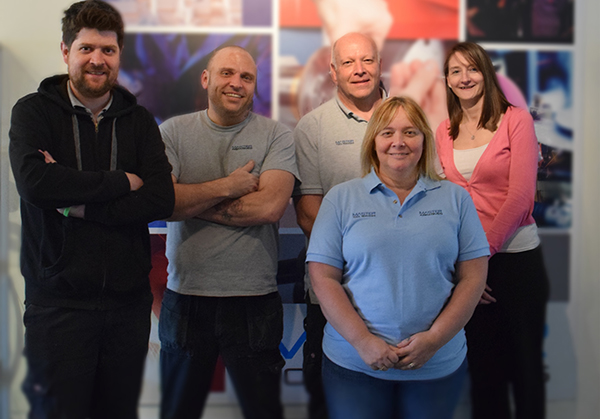Everyone has dreams and Thomas Karpasitis is no different, except he turned his dream into reality with the creation of Karpas Engineering in the summer of 2018. Taking a leap of faith, Karpasitis, along with his wife Sophie, invested their savings and committed to making their new venture a success. This bold move is already starting to pay dividends, as customers recognise the all-round capability of the start-up business.

At just 30 years of age, Karpasitis has had a varied career within the CCTV, electromagnetic compatibility testing and 3D printing environments, but making things was always a passion.
“I got to that stage where I was fed up of working for other people and needed a new challenge,” he says. “The result is Karpas Engineering, a business that allows me to use my experience in design, project management and 3D development, and combine it with machining capability and machine assembly services. I knew that to do the job well I had to invest wisely, hence the decision to work with XYZ Machine Tools.”
With no business track record, financing any machine purchase may have posed additional challenges. However, working with XYZ Machine Tools, along with Mike Hankin of Capital Funding Solutions, the right machine and finance package was created, which saw the arrival three months ago of an XYZ 2-OP machining centre and an SMX 2500 ProtoTrak bed mill.
“After detailed discussions with XYZ’s area sales manager, we identified the machines that would be right for the business and began our journey,” says Karpasitis. “The partnership between XYZ and Hankin made the process go smoothly with a deal that was built around our personal credit history and a commitment to back it up with our own equity. The positives of the deal will see the machines being ours within a few years, and they will form the foundations of our machining capability.
My vision is to have several XYZ 2-OPs side-by-side to create a highly flexible machining cell.”

The combination of the XYZ 2-OP with its eight-position tool changer and the XYZ SMX 2500 ProtoTrak bed mill suits the mix of work that Karpas Engineering is targeting. The focus is on one-off prototype/development work, along with small-to-medium sized batch production and, with both machines sharing the ProtoTrak control system, transferring work from one to the other is straightforward when required.
“The compatibility of the ProtoTrak controls on the two machines makes it simple to scale up from prototype one-off work to production quantities,” says Karpasitis. “Programming is also quick and easy, which is what you need in order to maximise machine time and, more crucially, deliver accurate and on-time components to customers – from day one I was programming at the controls. I also have the option of importing programs directly from our CADCAM system when customers have provided drawing data.”
Within the first three months of the XYZ machines arriving, Karpas has gone from having no customers to a growing portfolio of regular business, even winning work that had previously been offshored to China.
“It is great to see that customers are buying into our commitment to them through our investment in machining capability,” states Karpasitis. “We will continue to develop our offering and gradually build up our capacity, including additional employees as the workload demands it.
“What we have achieved so far, we couldn’t have done without the XYZ 2-OP and SMX 2500 machines,” he adds. “They have provided the flexibility and efficiency that a small business needs, while at the same time making the transition to becoming a subcontract machinist straightforward due to their ease of use. If we can compete with China when it comes to machining, we are obviously doing something right.”
The XYZ 2-OP vertical machining centre, while compact in size, measuring just 775 mm wide by 1380 mm deep, provides a machining envelope with axis travels of 355 x 305 x 455 mm in the X, Y and Z axes, with up to 525 mm between the table and spindle nose. The spindle is a 6000 rpm, 2.24 kW BT30 unit, making it suitable for general machining or, as its name implies, second operation work. Components weighing up to 250 kg can be accommodated on the machine’s 457 x 381 mm table. Although designed as a portable machining centre that could be moved anywhere in the workshop to provide back-up to more expensive machinery, it has found a niche for itself as a stand-alone vertical machining centre.

XYZ’s SMX 2500 is the smallest of the ProtoTrak controlled bed mills with axis travels of 762 x 381 x 560 mm in X, Y and Z, with an additional 127 mm of quill travel. The spindle has two speed ranges covering 50 to 3600 rpm, and has an R8 taper as standard or, as in the case of Karpas Engineering, an ISO 30 spindle can be specified. The table measures 1245 x 228 mm and can carry up to 600 kg, making it highly versatile.
For further information www.xyzmachinetools.com







